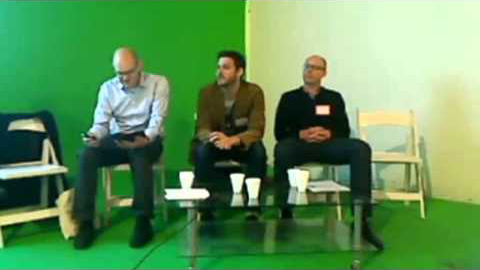The Internet meme framework is a useful way to understand a certain range of object production, a certain sort of informal production that combines networked modes of production similar to shanzhai or the hat printing, with the global reach of the Internet and global shipping services as well. The ability to move bits and atoms with just as much ease and efficiency.
Archive
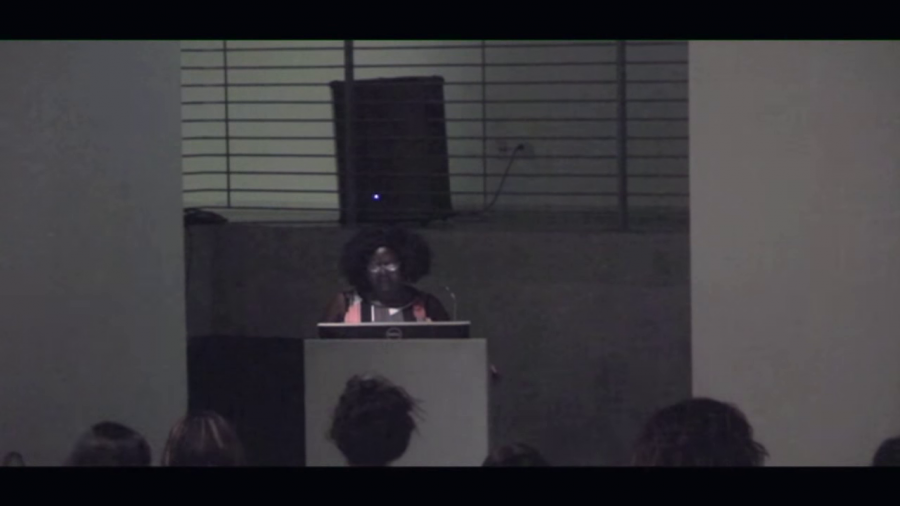
The panel will examine how real world-biases and inequality are replicated and systematically integrated into neutral algorithms and databases.
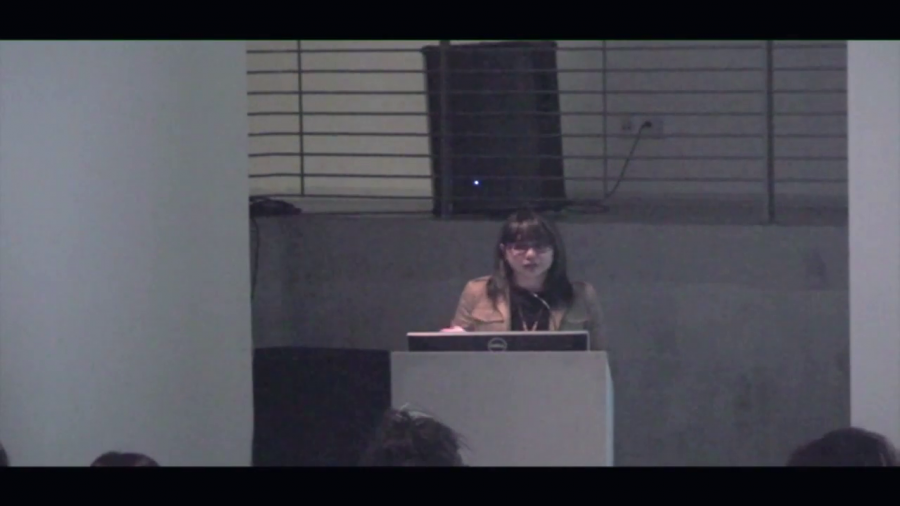
When we think about network graphs and we talk about how the network effects that make up an important part of how social movements and how information is distributed online, there’s this assumption in those visualizations that every node in that network is equal. But very often, and you can slice data in many different way, the languages that we speak actually limit the networks that we have access to and that we’re interacting with.
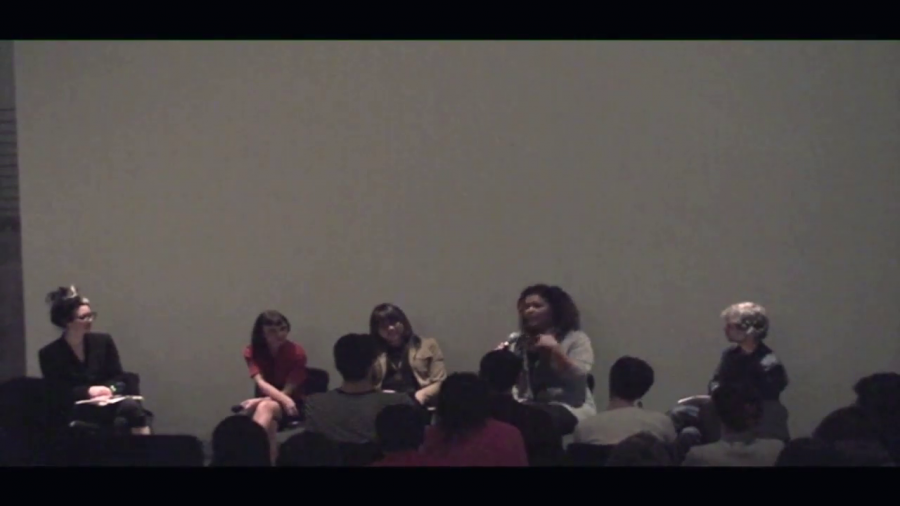
I think that we need a radical design change. And I might ask if I were teaching an HCI class or design class with you, I would say, “How are you going to design this so that not one life is lost?” What if that were the design imperative rather than what’s your IPO going to be?
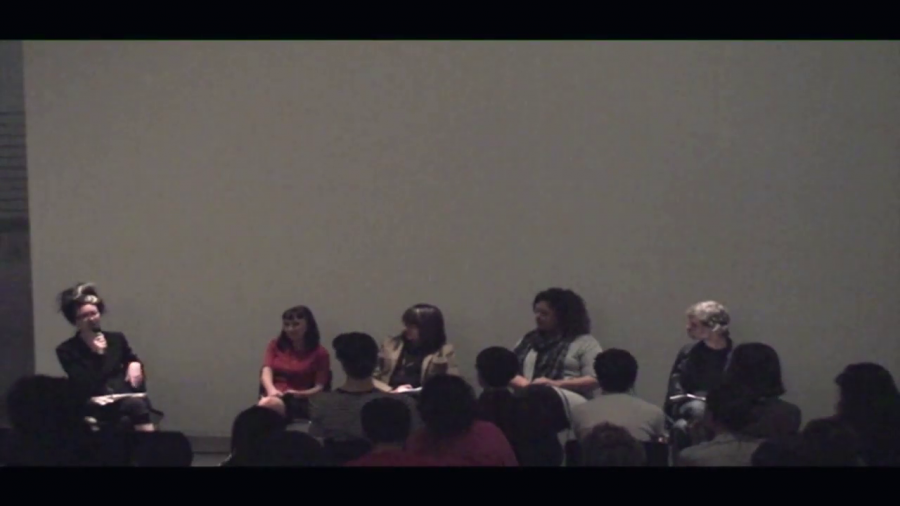
We’re losing our ability to forget the things that should be forgotten. Wait until you try to run for Senate or Congress, some of you in this room, and some pictures or text roll up.


